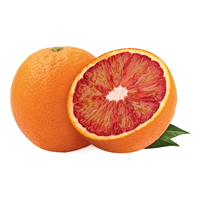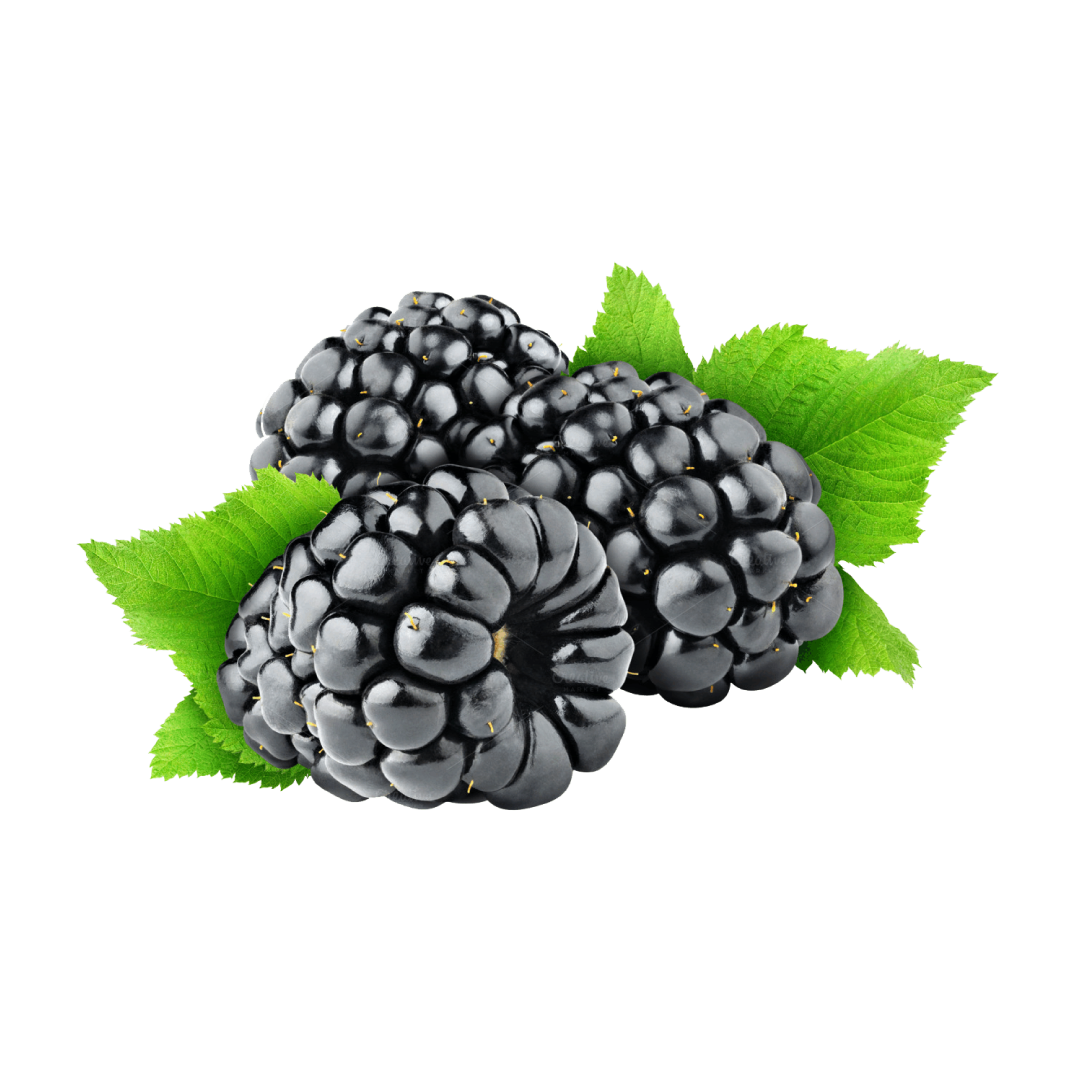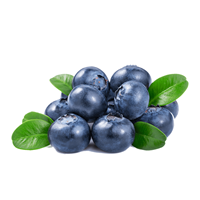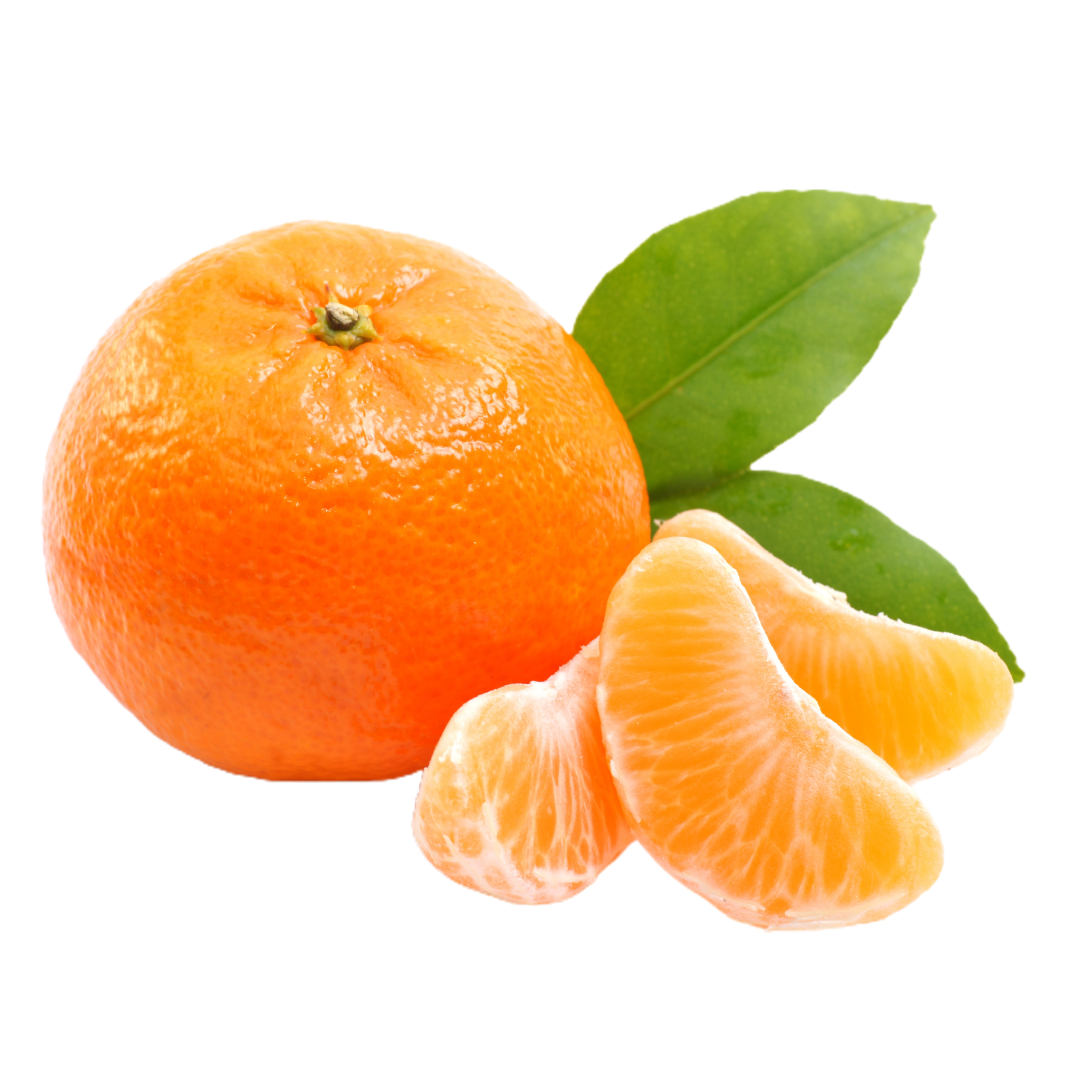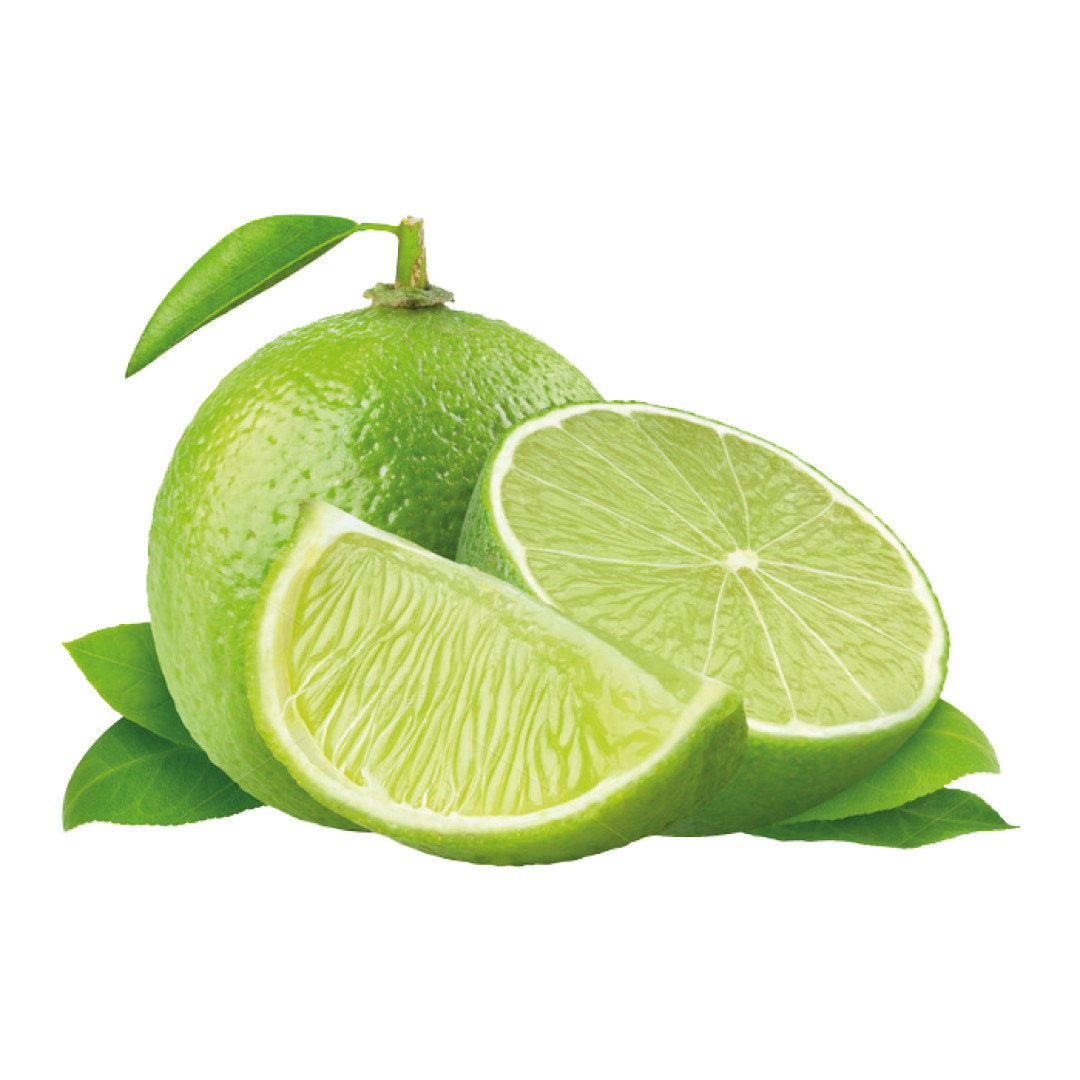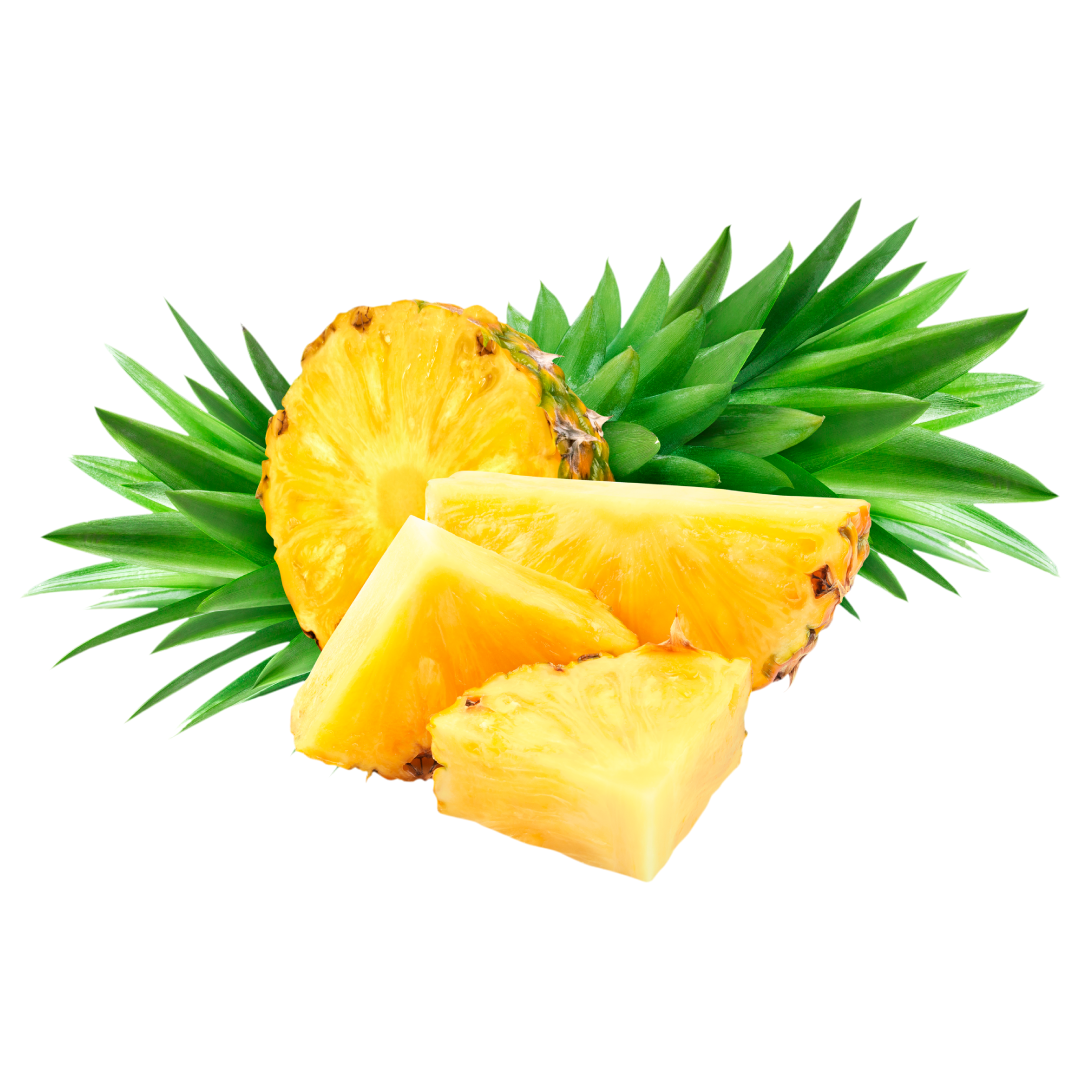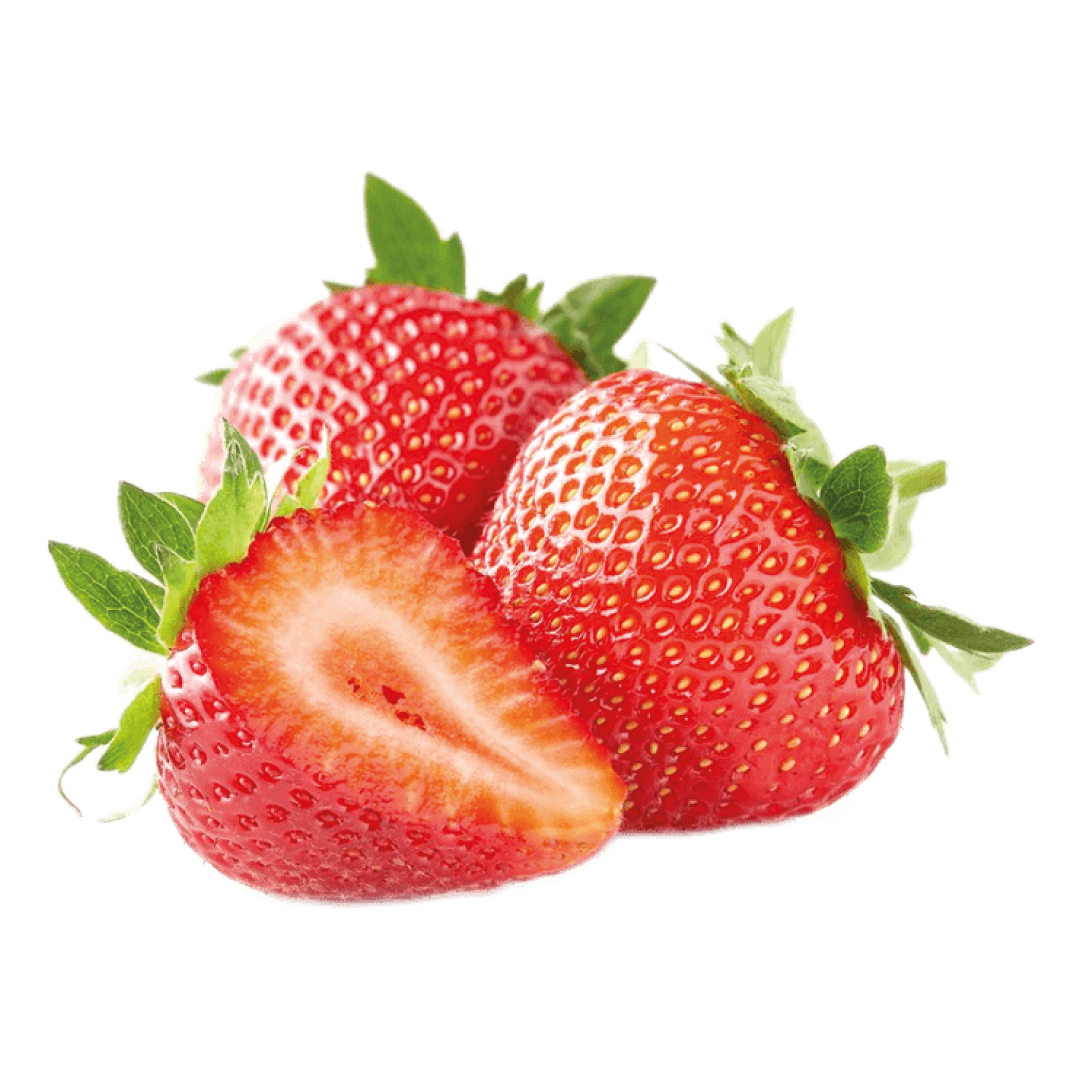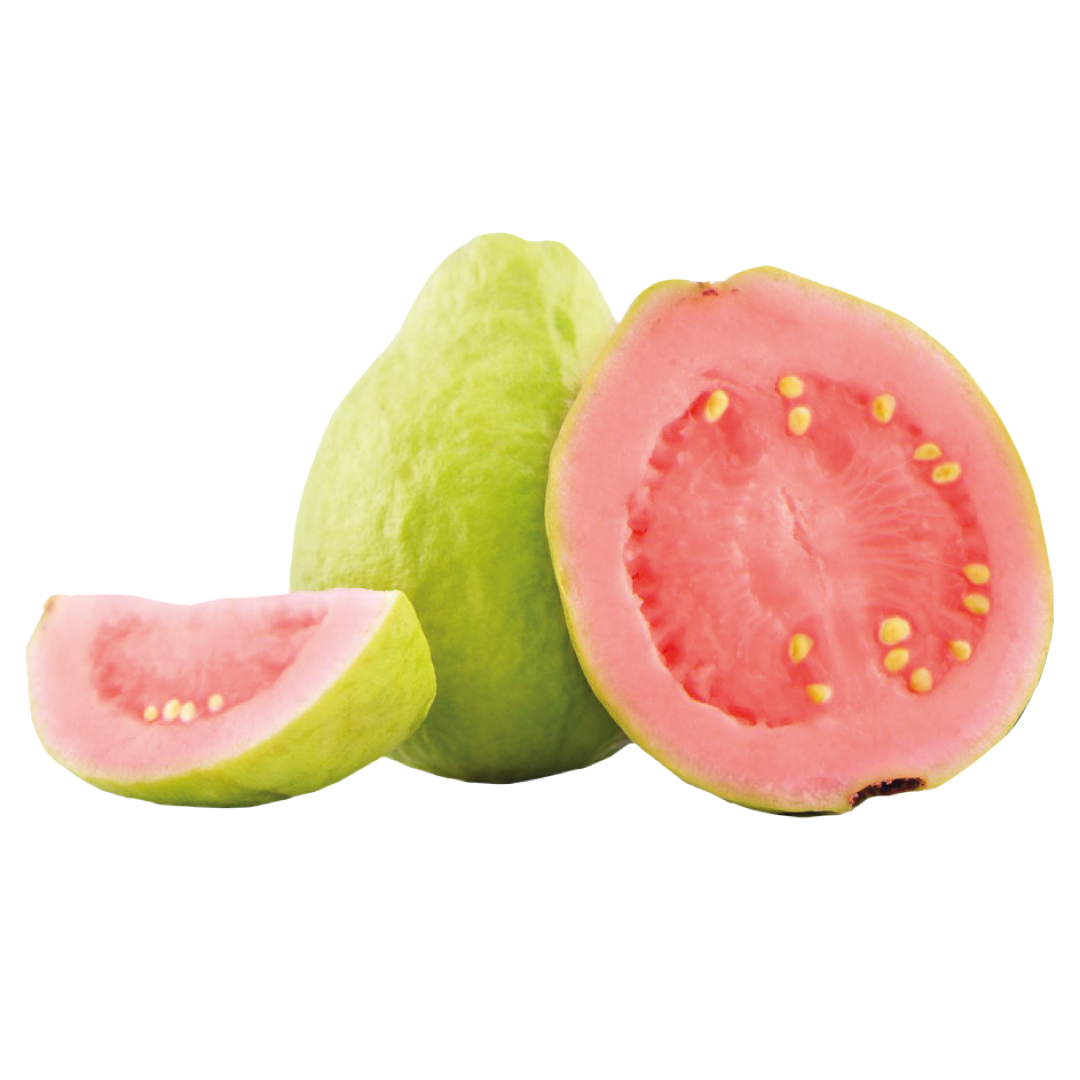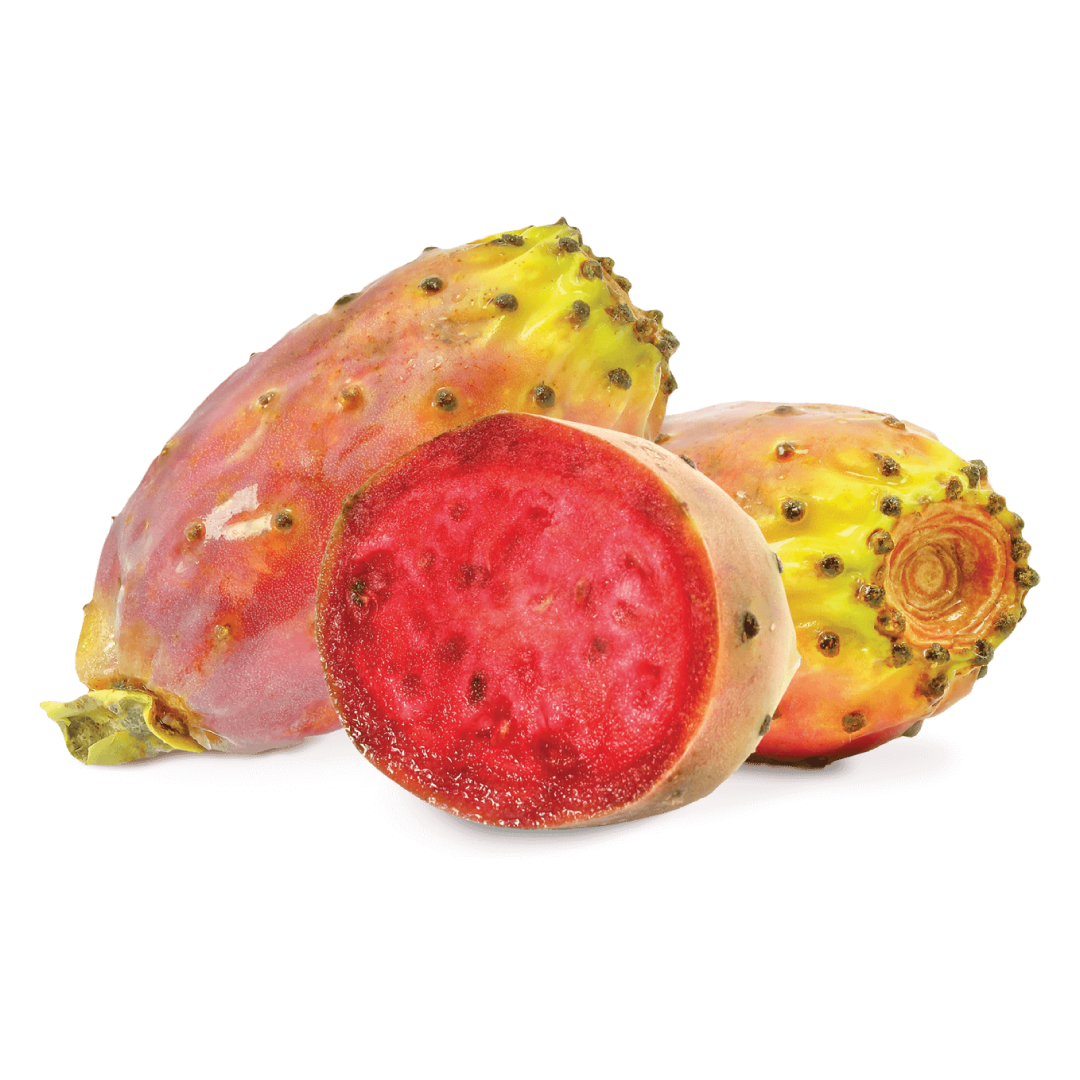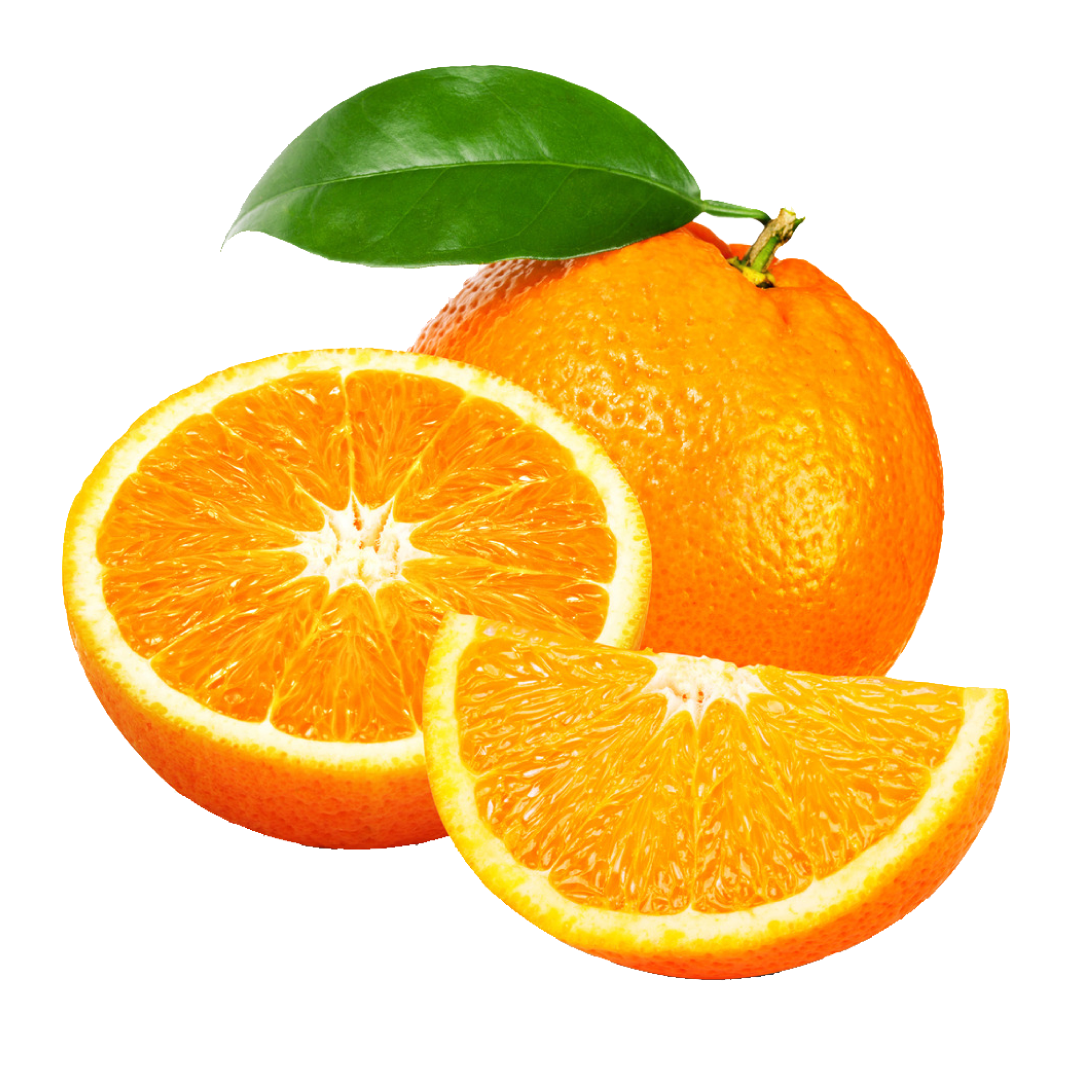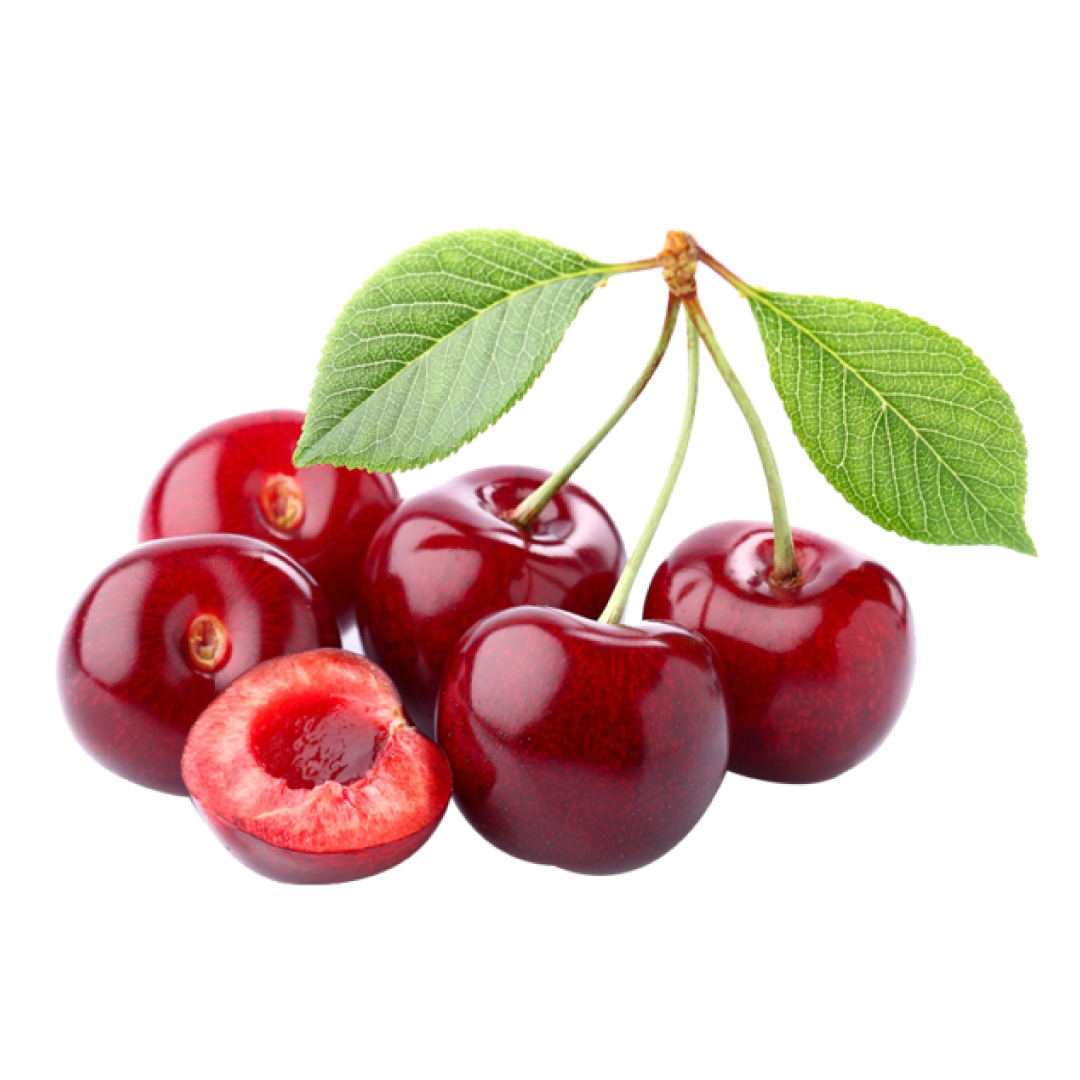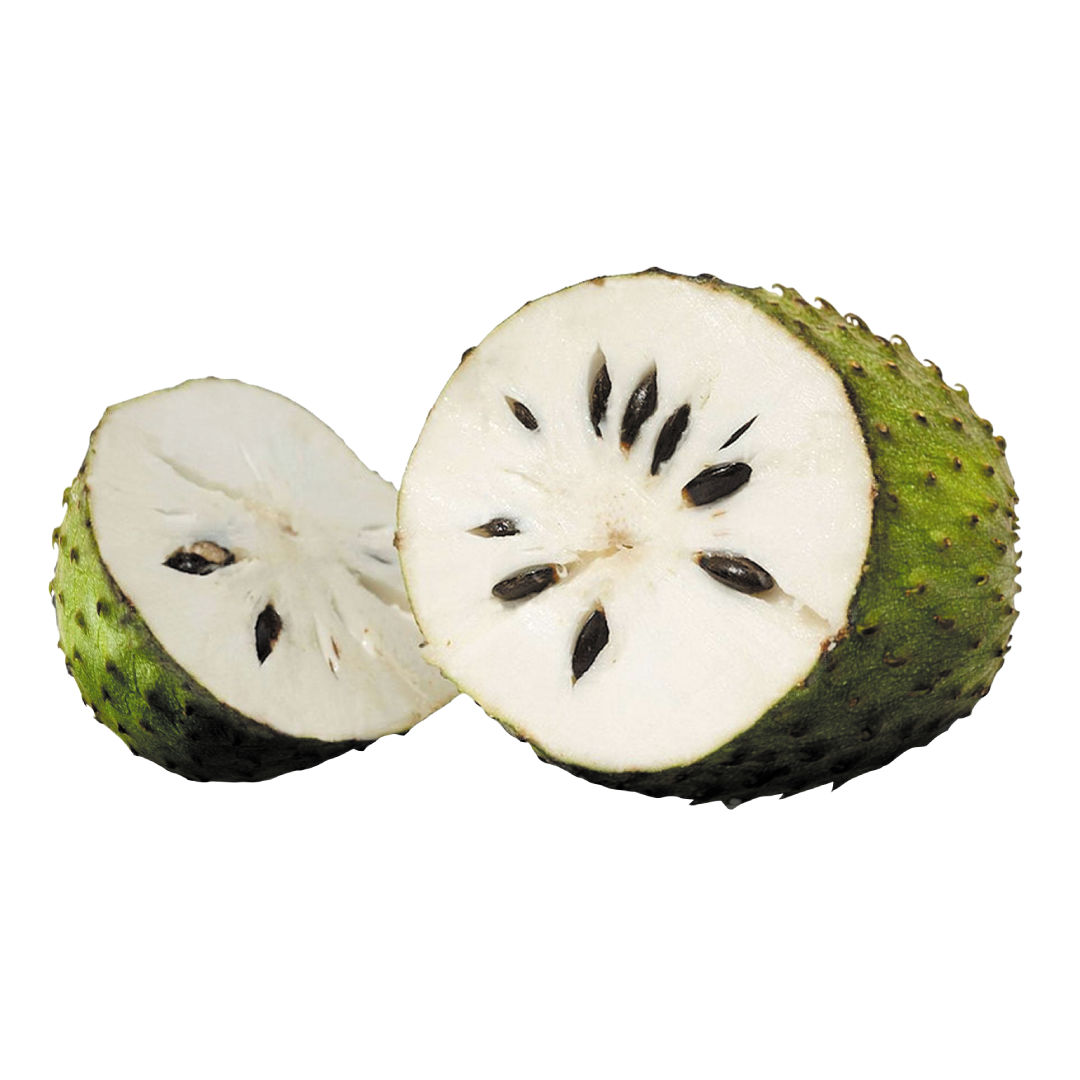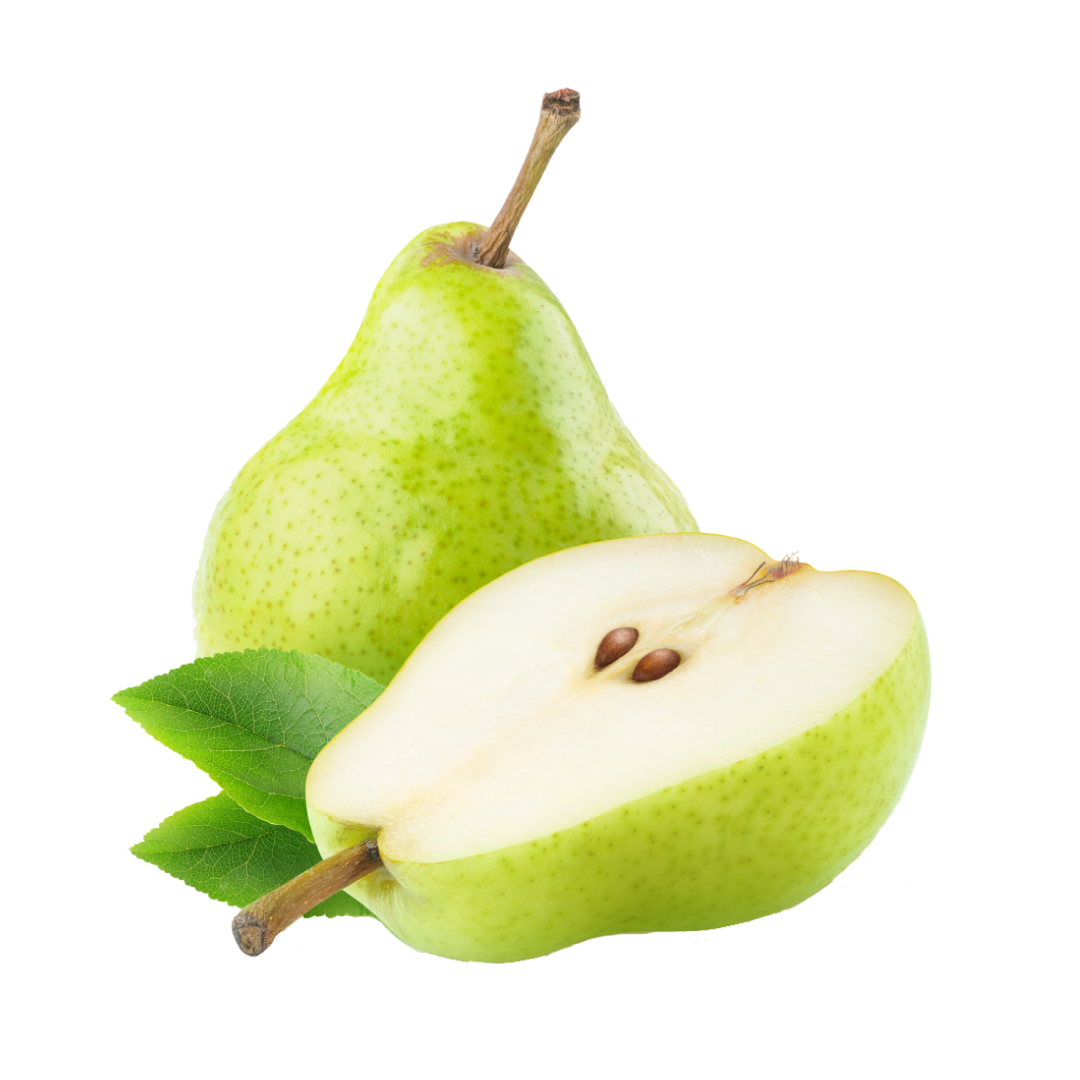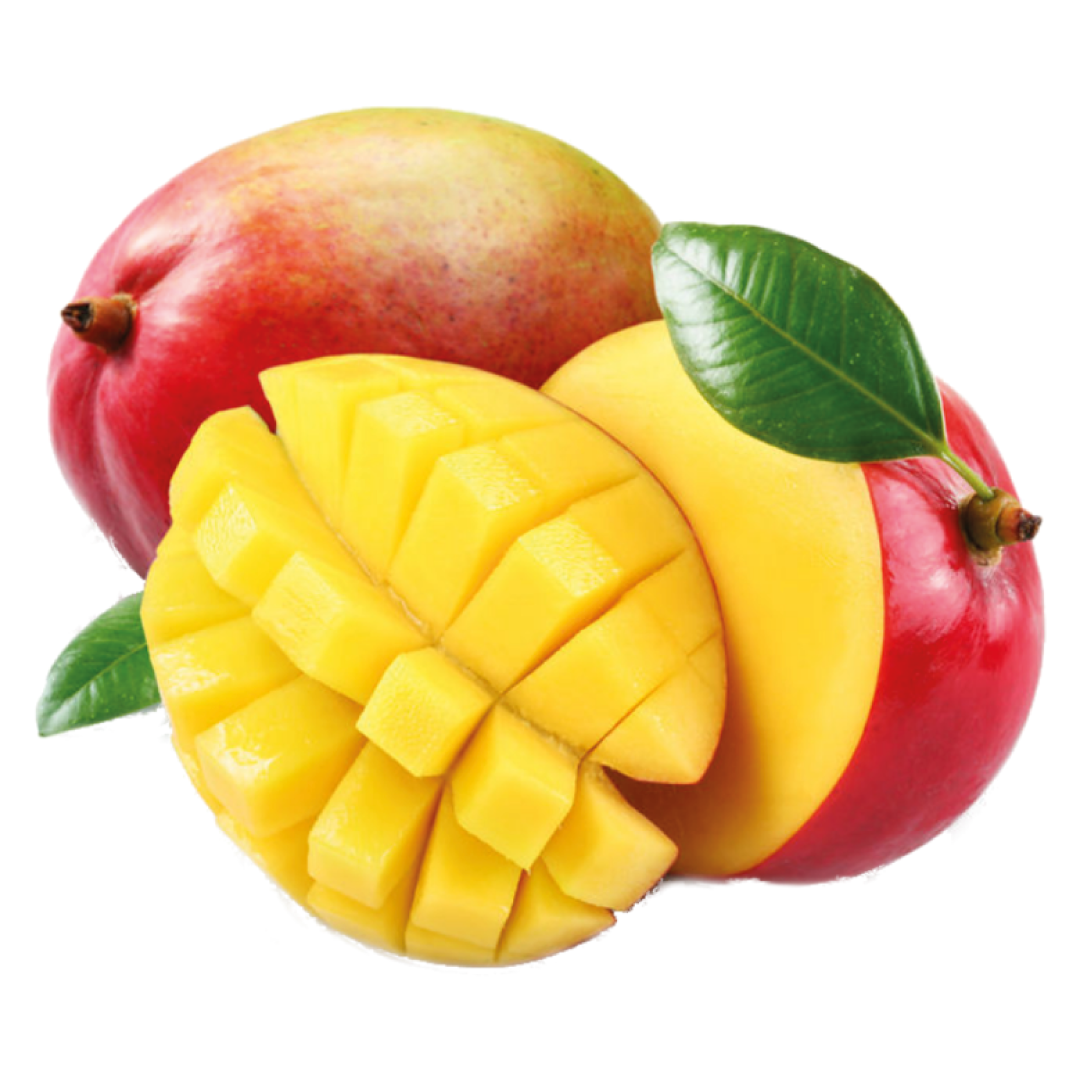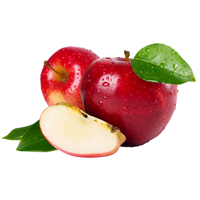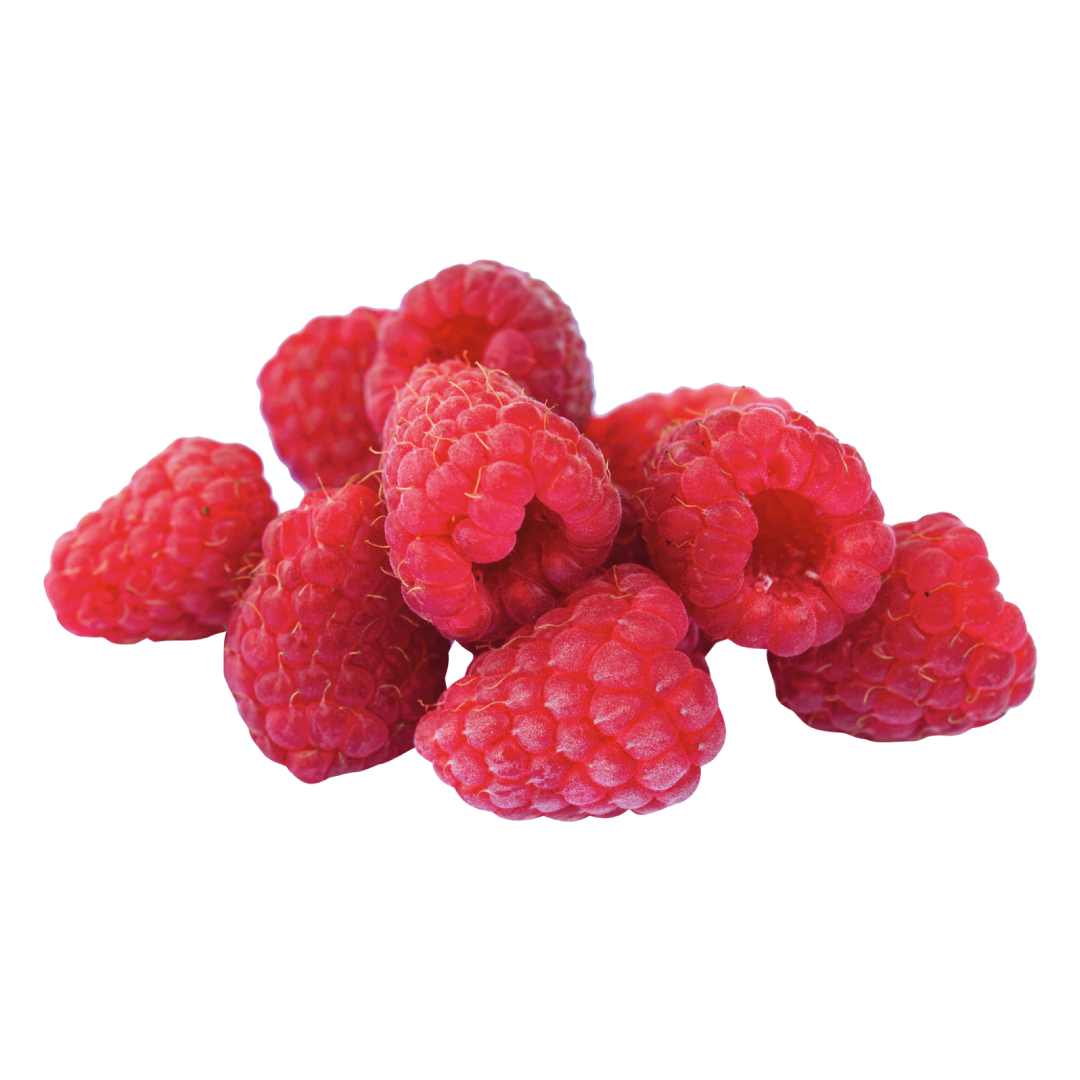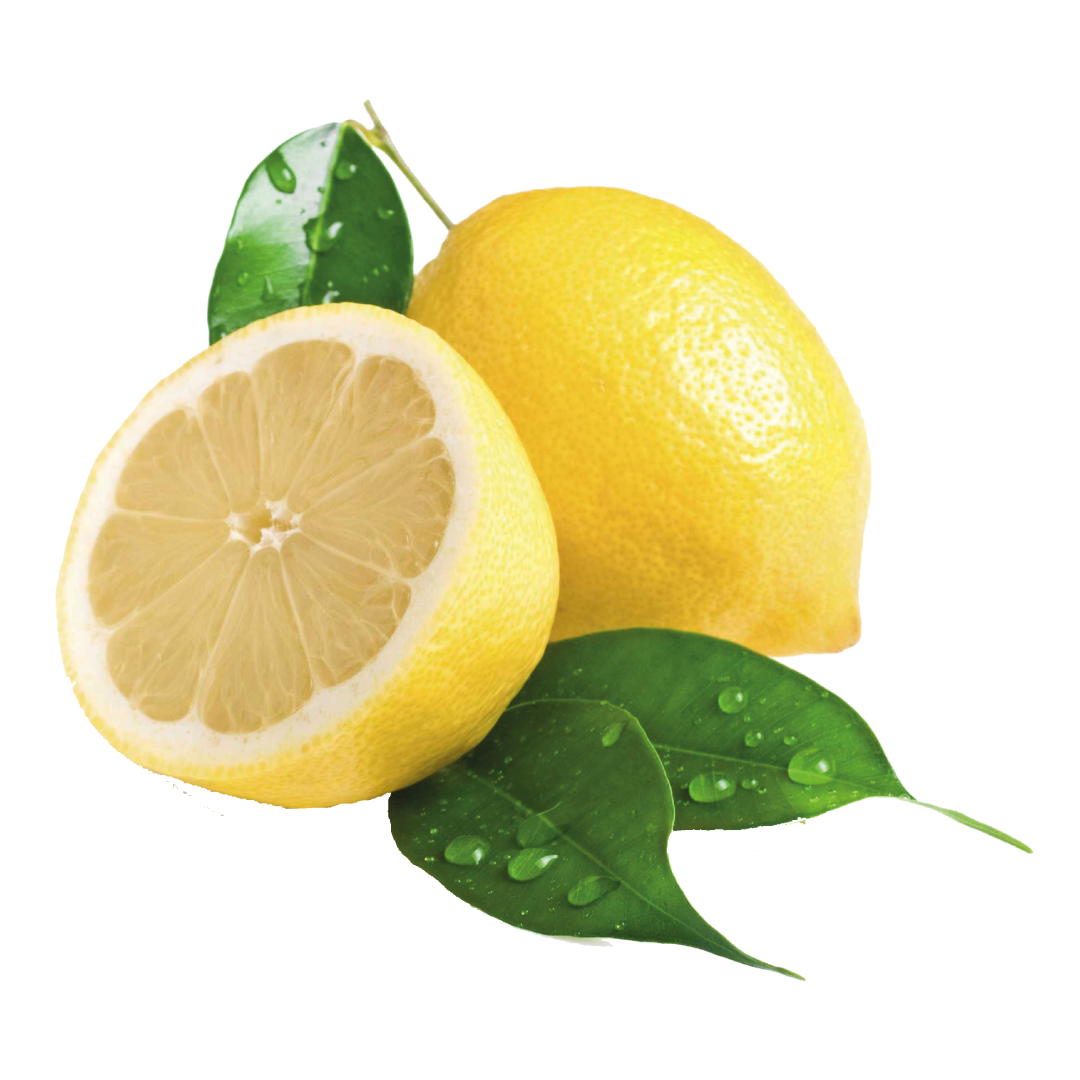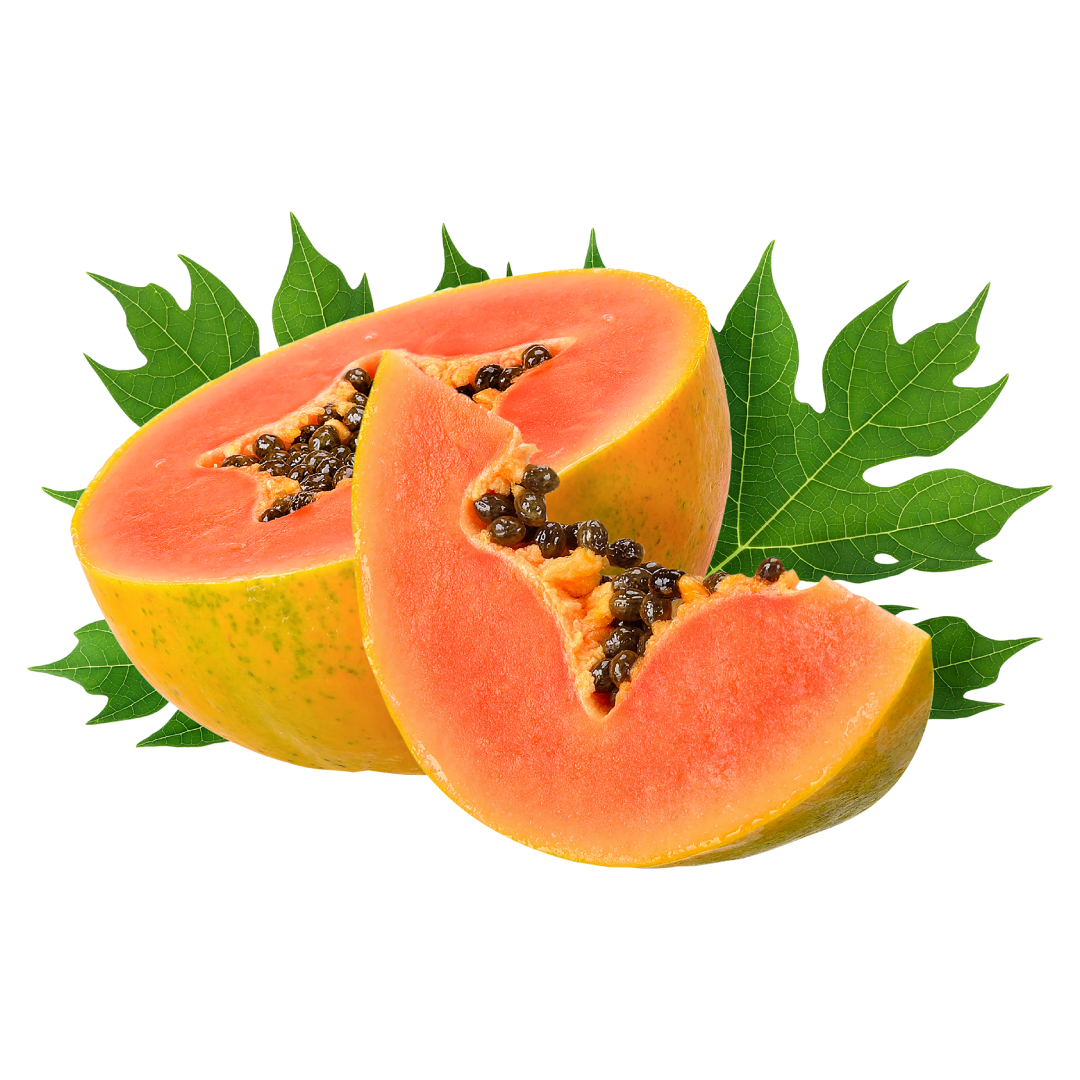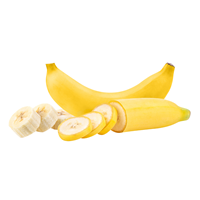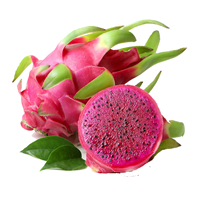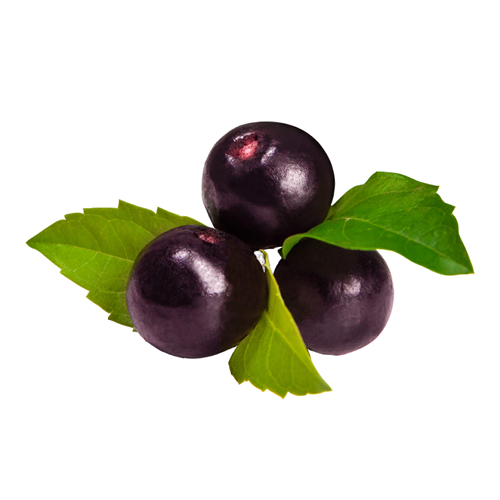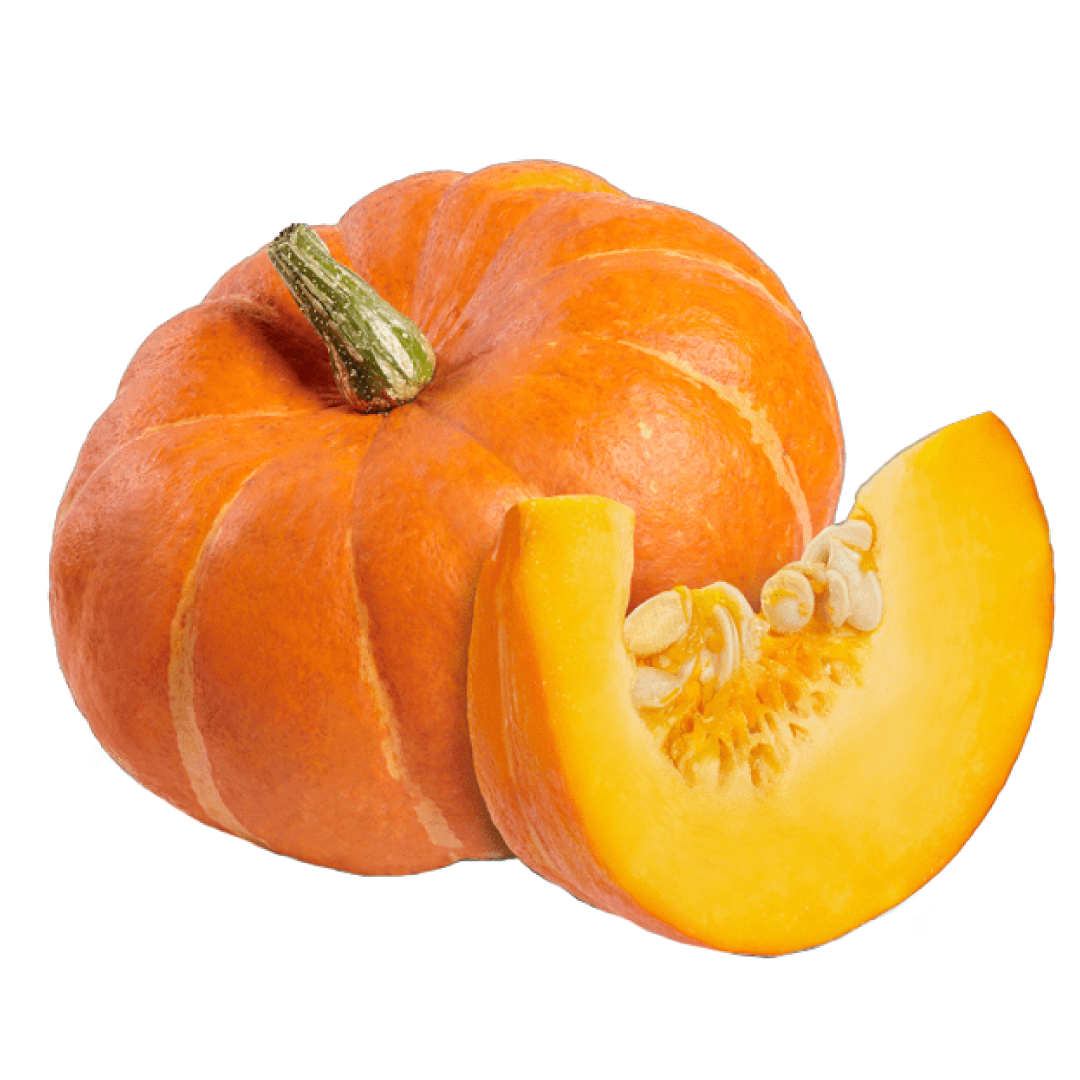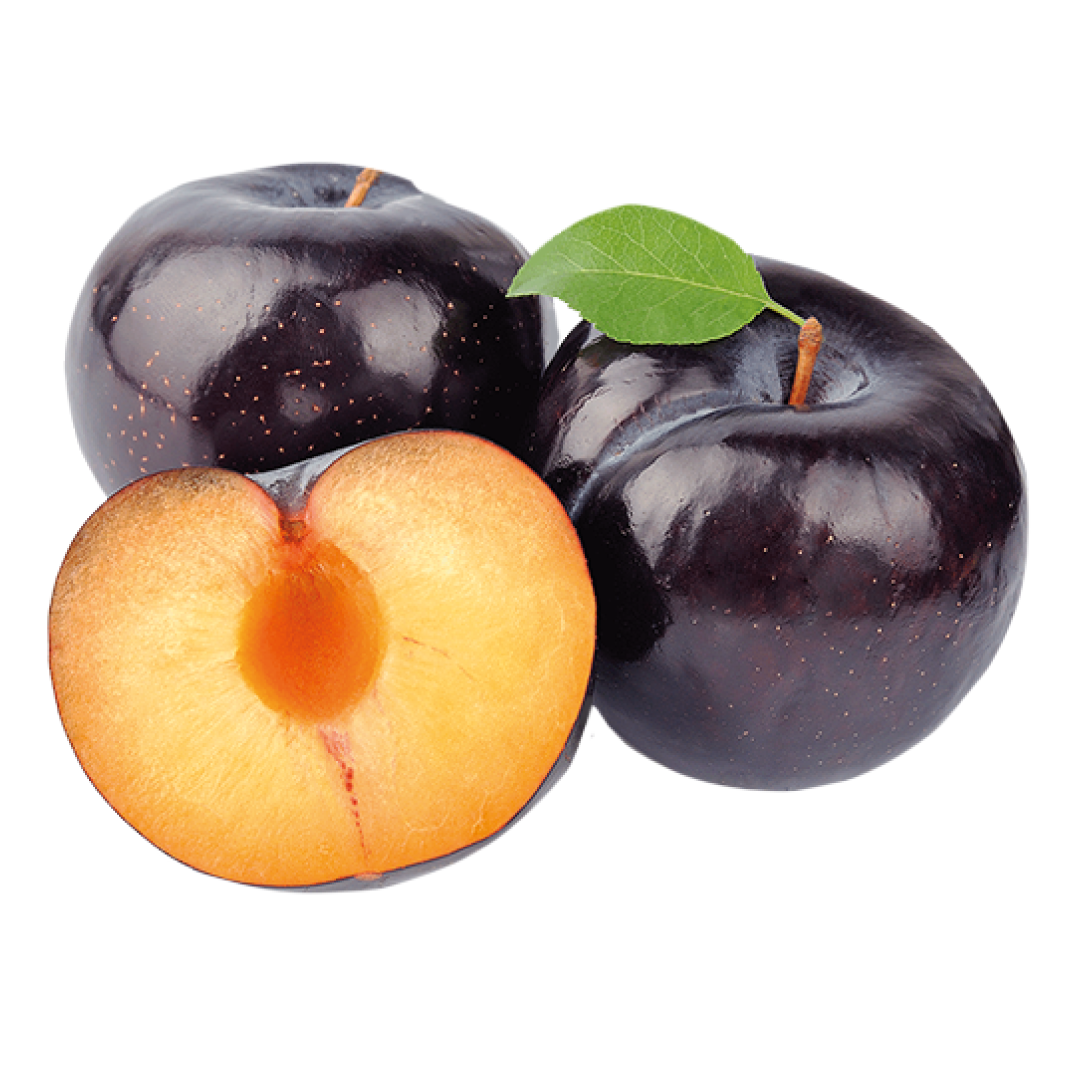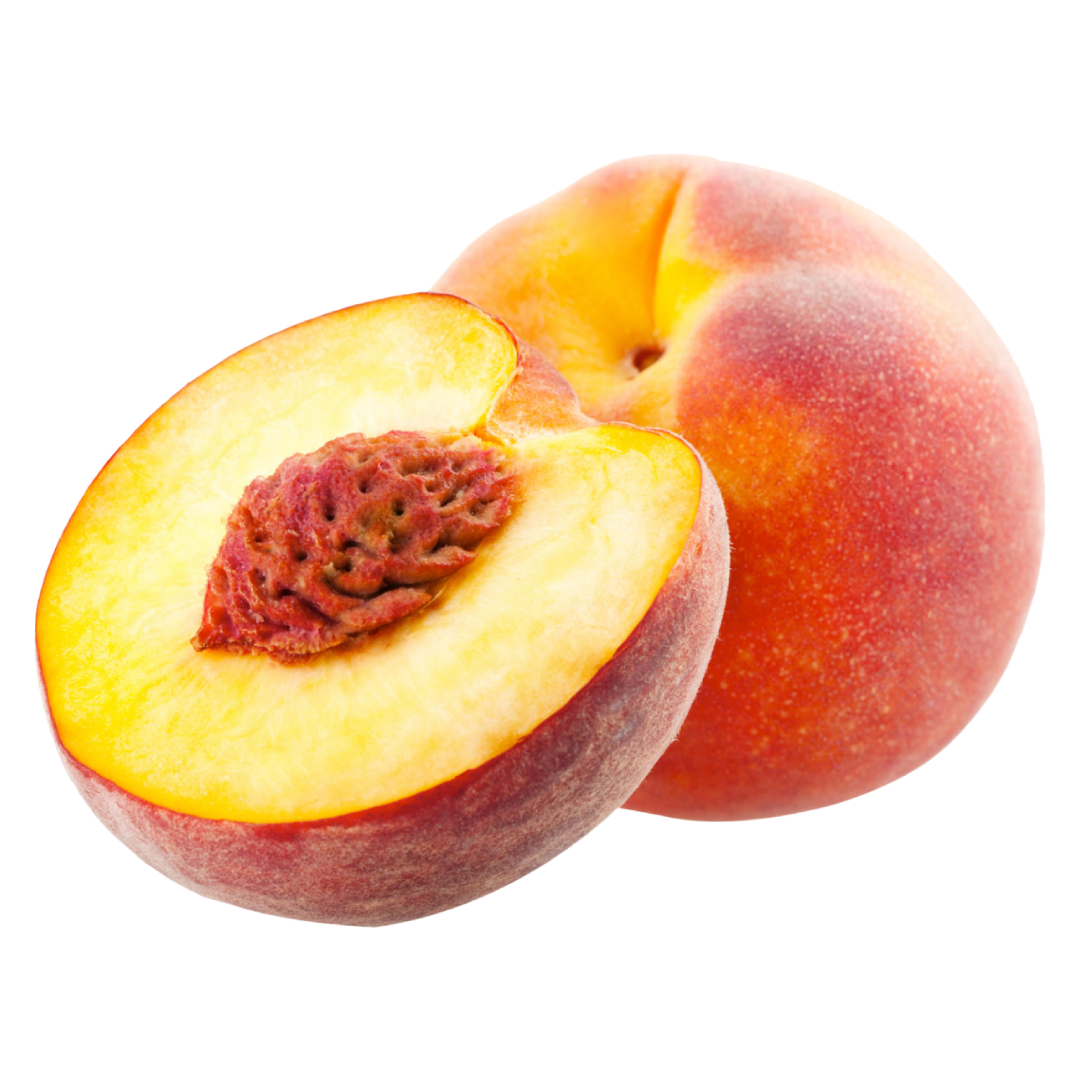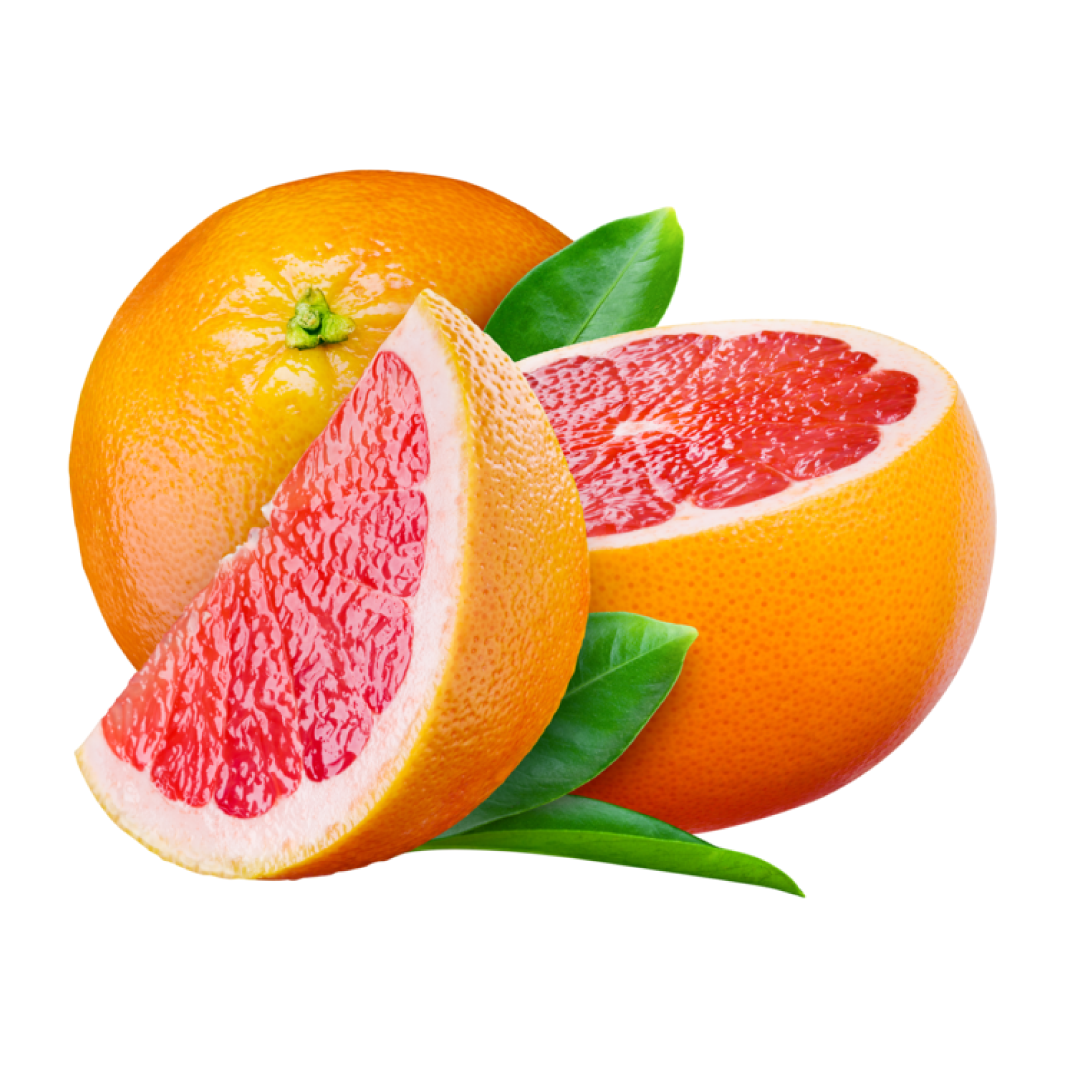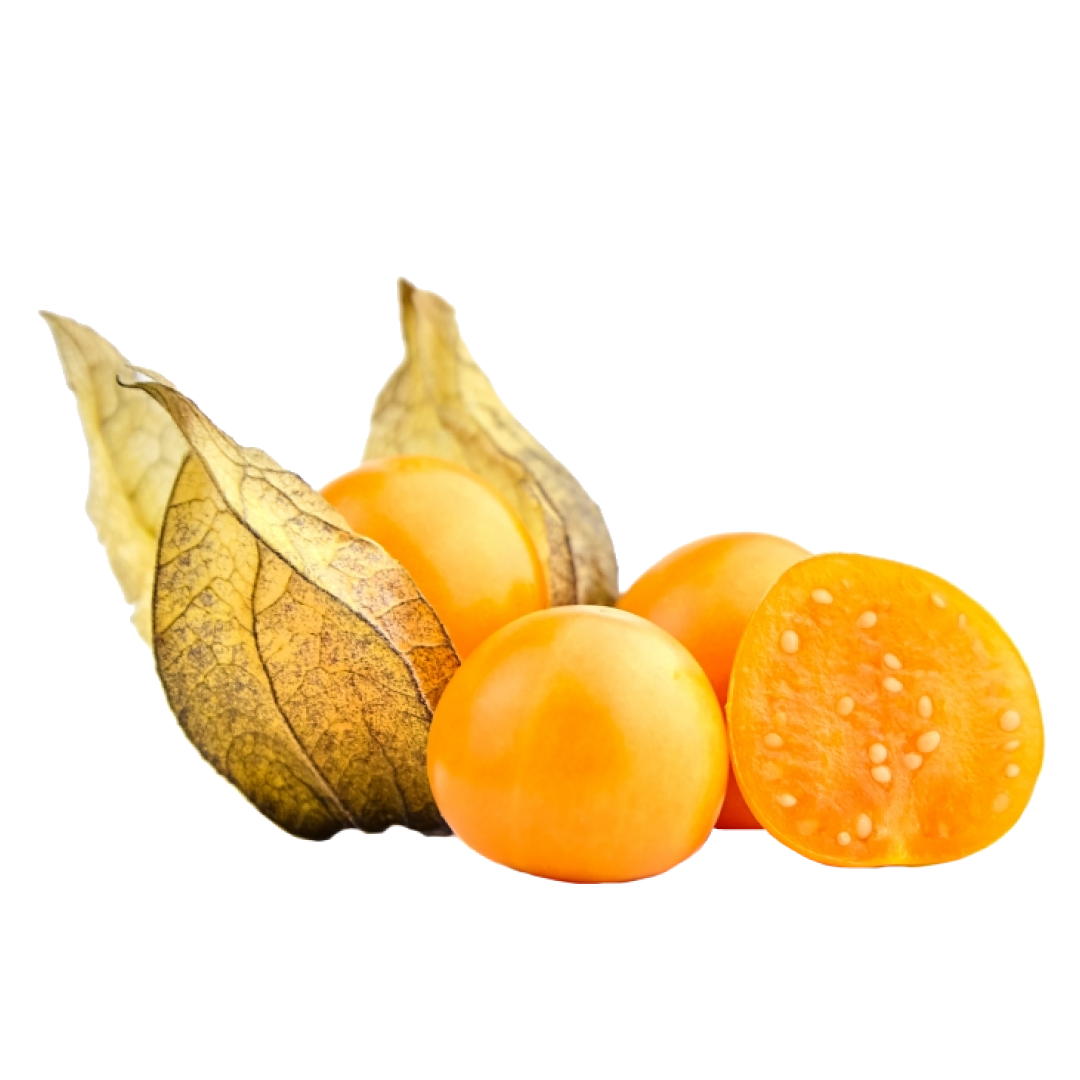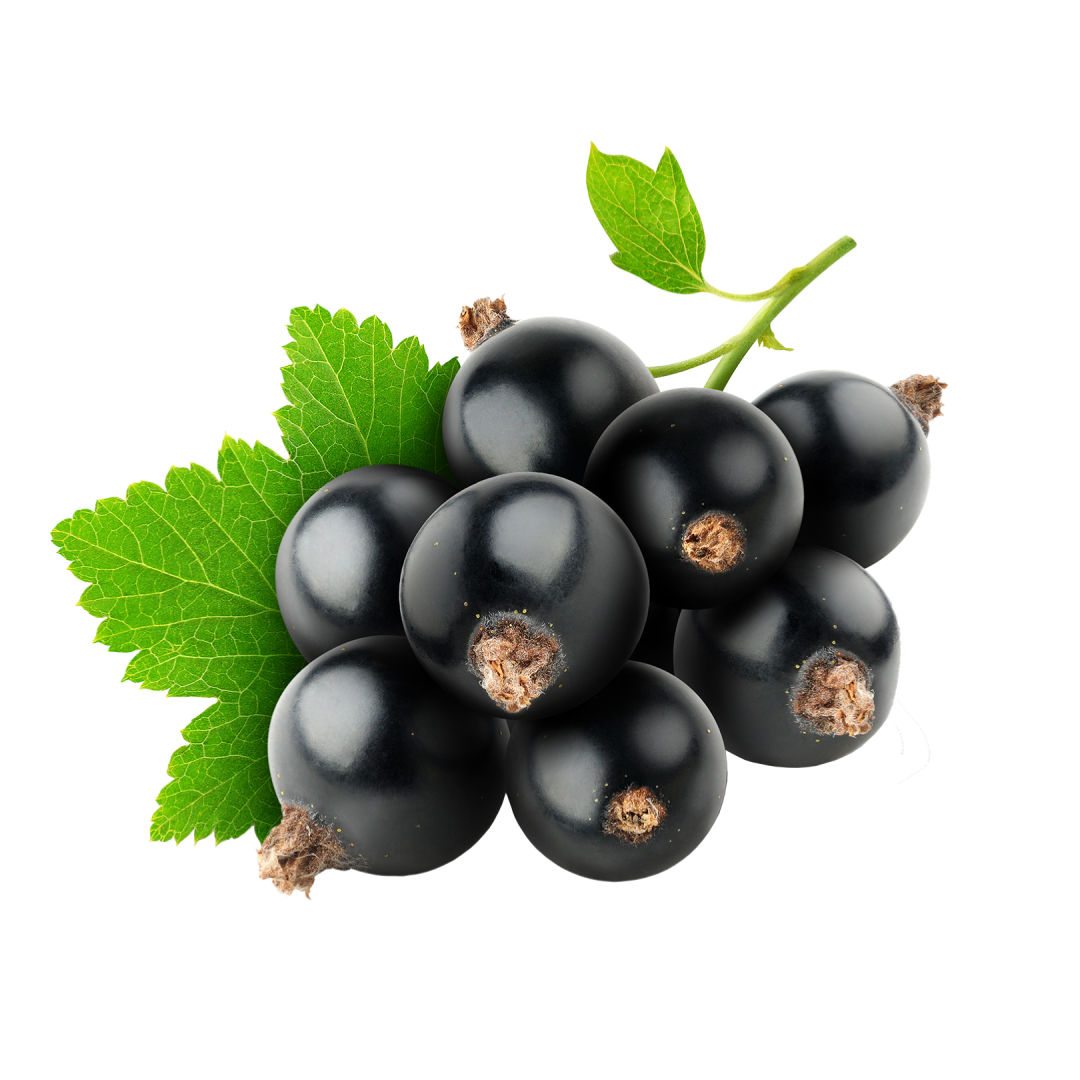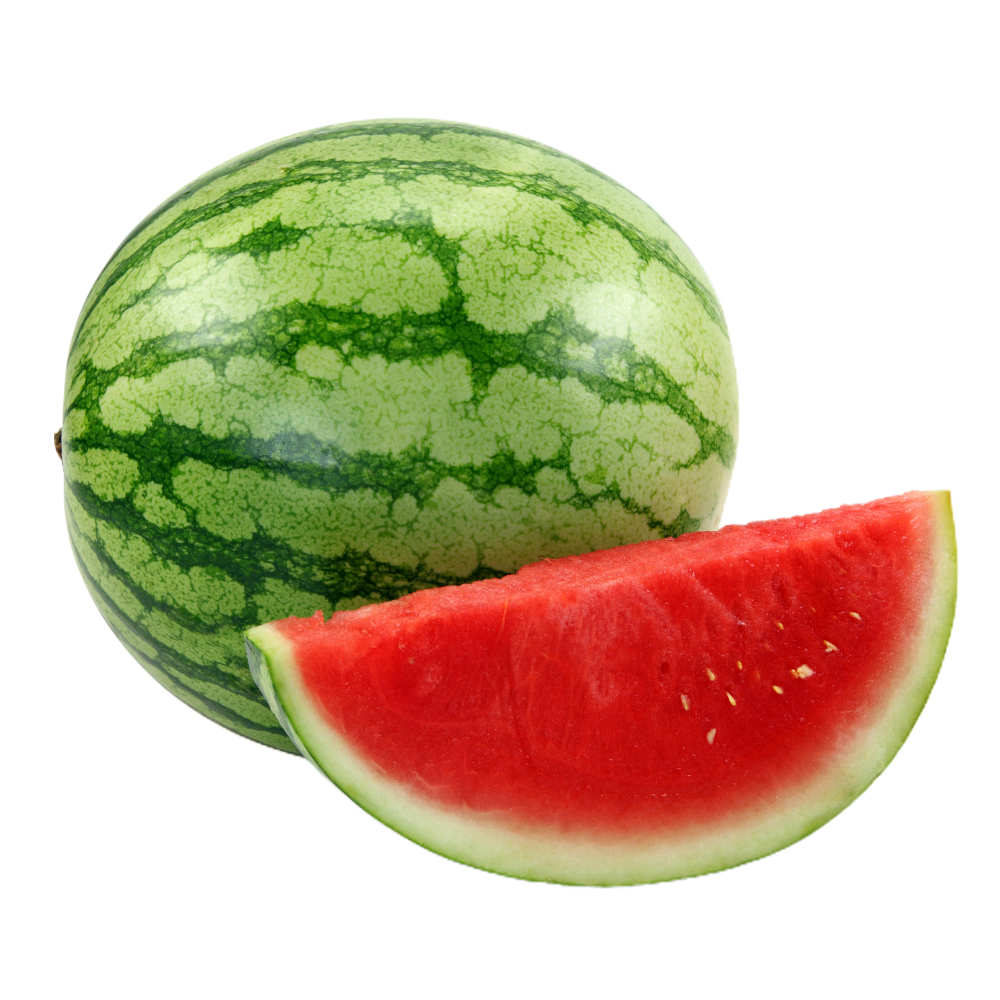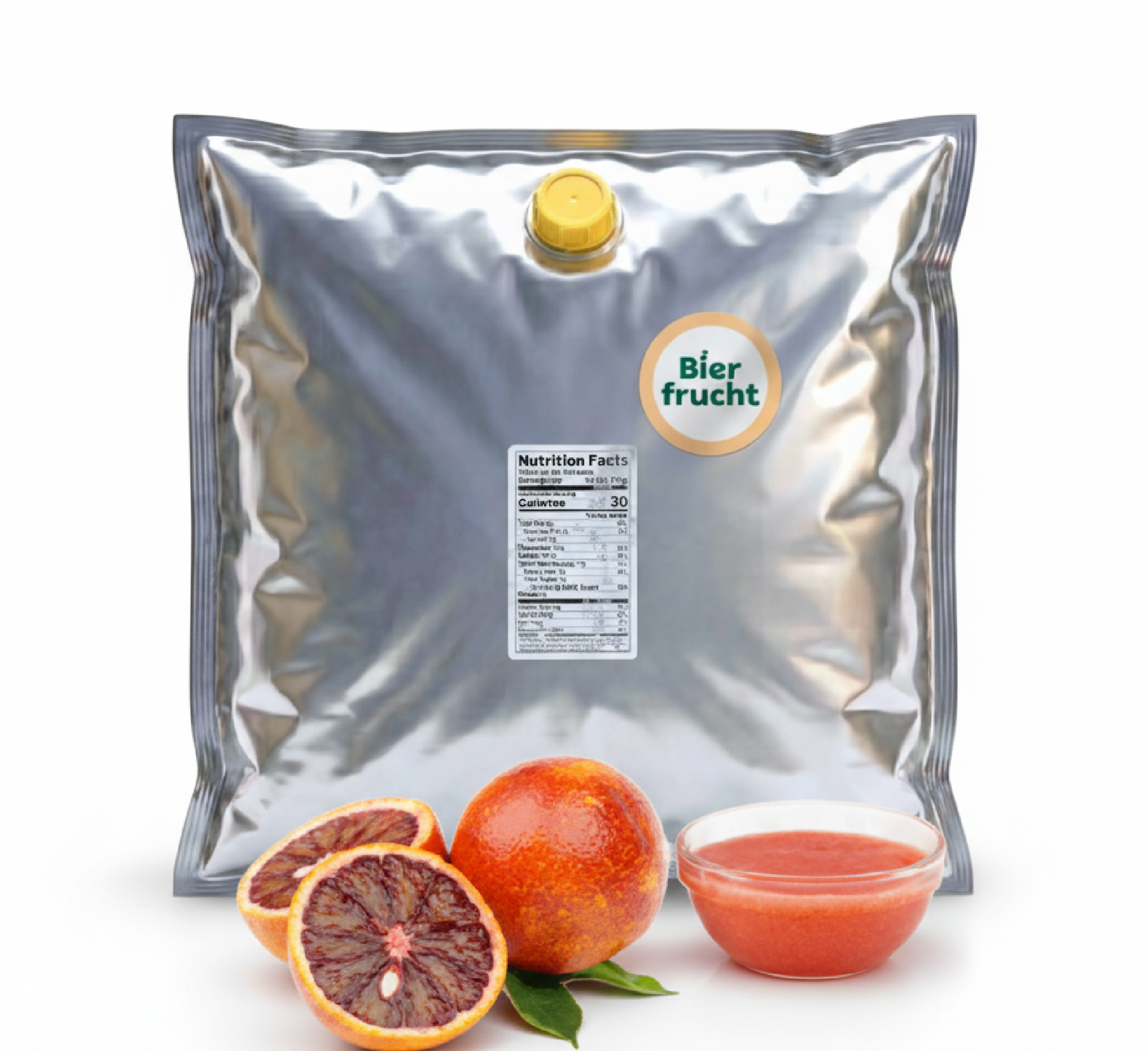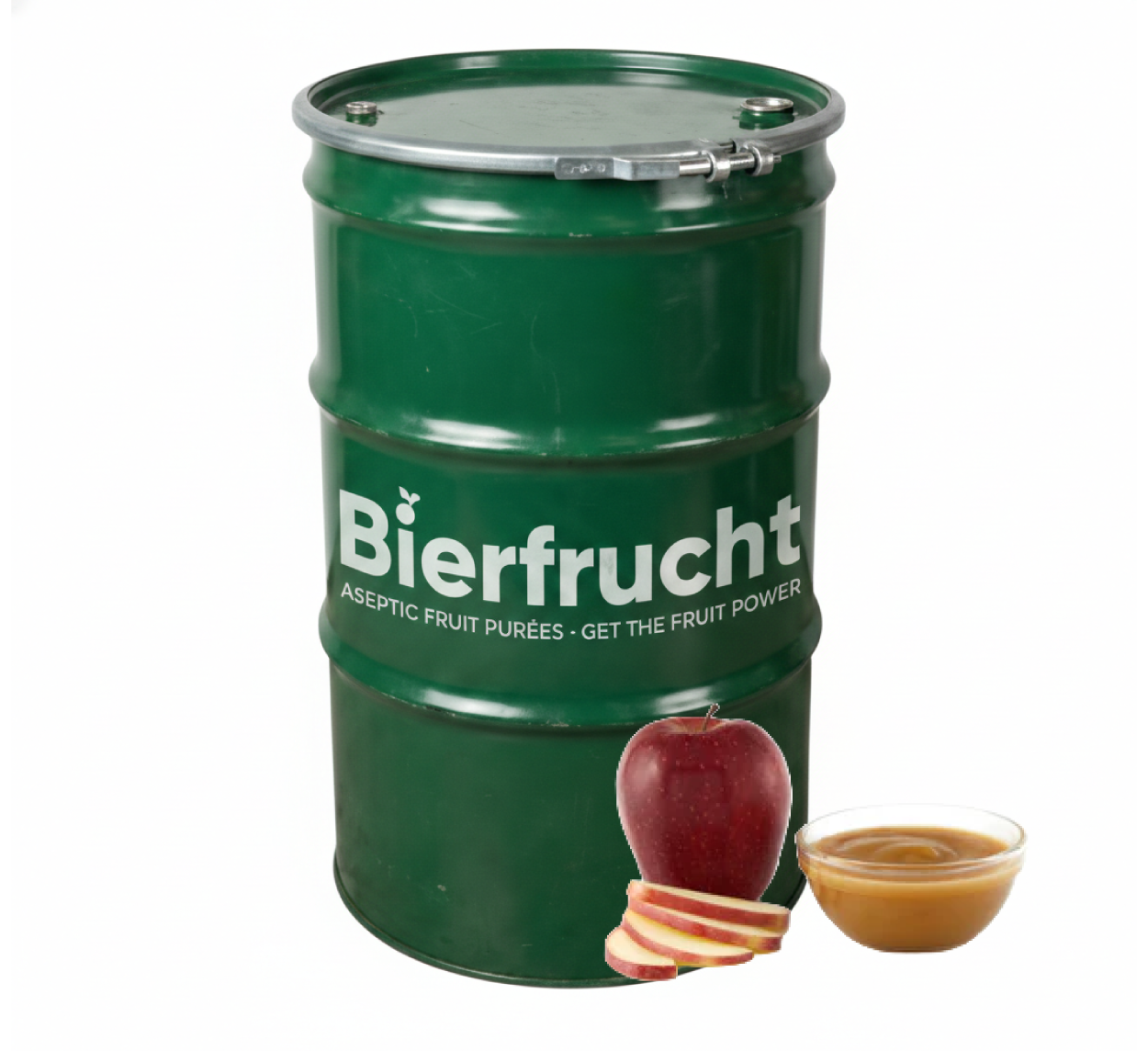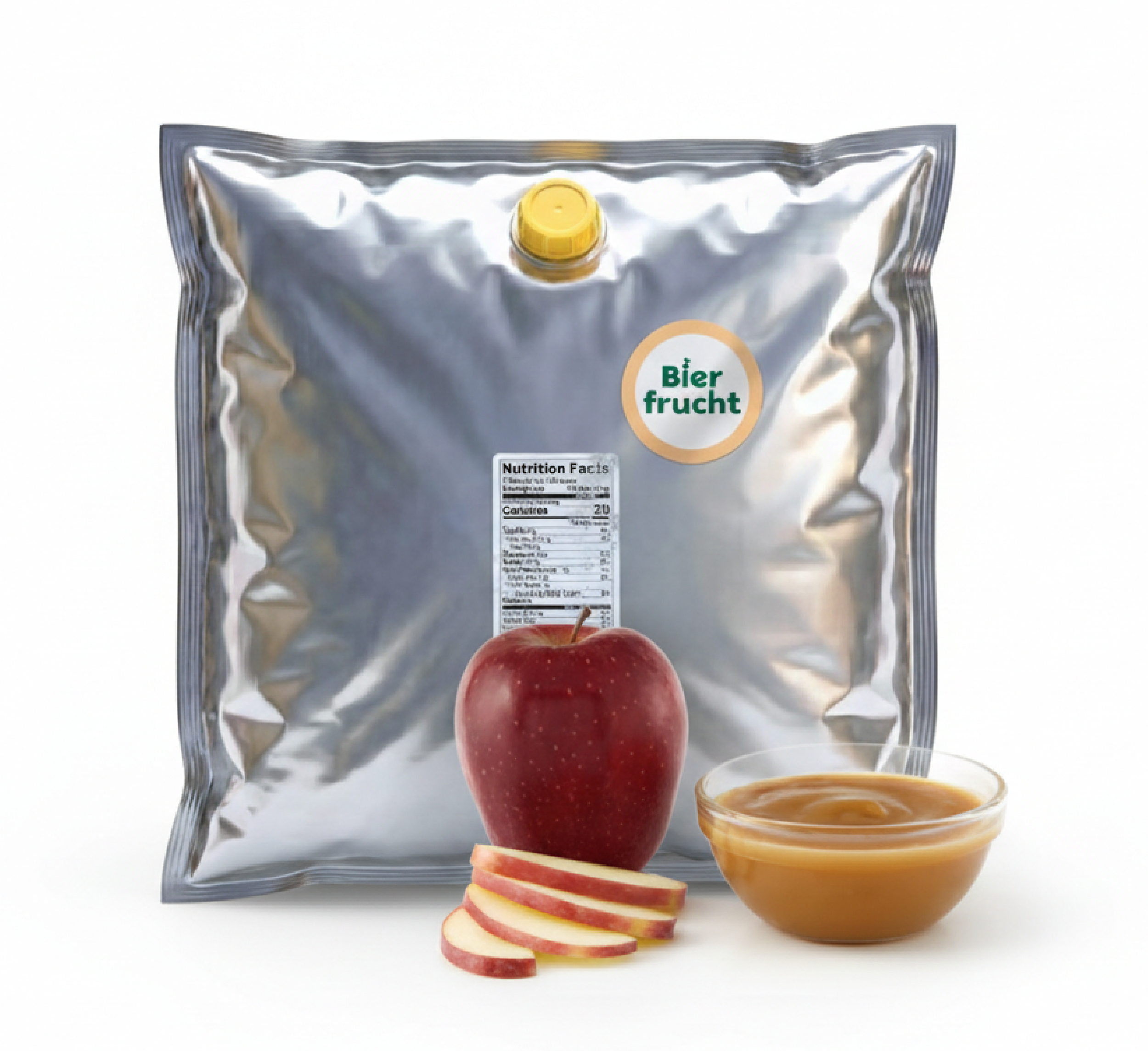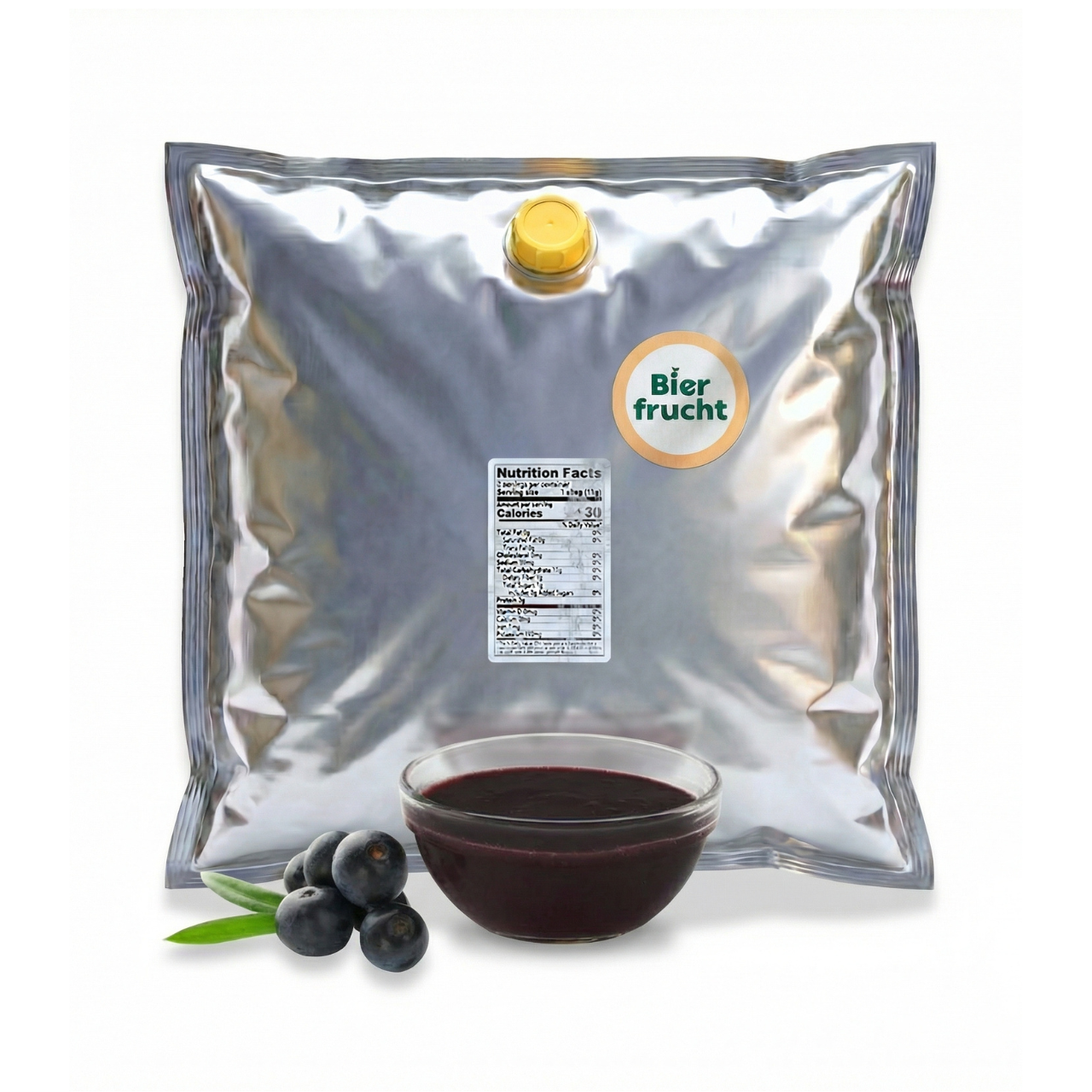Well, yes, that's what it is about adding hops and more hops, but knowing at what time to put it, that is why here I leave you this little post without great chemical explanations so that you do not mess up and you can see what hops do when You put in your wort and the methods most used by brewers to add them. Broadly speaking, hops are added to the must to give it bitterness, to give it aroma, to give it flavor, and as it is antiseptic to give it stability and help its conservation.
Let us begin:
- Added bitterness.
We call bitter hops the one we use at the beginning of the wort boiling, normally added at least sixty minutes before finishing boiling.
The bitterness comes from the alpha-acids found in hop flowers that are "isomerized" by the action of cooking the same flowers in the must.
So, we can say that the more hops at the beginning of the boil, the more bitter we have in our final beer. And this statement is correct, another thing is the sensation in the mouth that that beer leaves us, that is, if we have a beer with a more robust body having the same IBU as a softer one when drinking it the sensation of bitterness in the mouth it will be higher in soft beer than in malt beer.
- Adding flavor.
It is called flavor addition or flavor hops to which we add in the boiling pot for a time of between 40 and 20 minutes for the end of the boil. The flavor comes from the essential oils of the hops in contact with the hot wort, these oils are very volatile and evaporate easily that is why they should not be in contact with the must for a long time, as a general rule they should not exceed forty minutes cooking.
- Addition of aroma.
As explained in the addition of flavor, because the oils are very volatile, the hops destined to give aroma and flavor to the beer have to be in contact with the hot wort for a short time to minimize its evaporation, within the addition of aroma we can highlight several methods used by brew masters and homebrewers, which are:
- Added "0" minutes.
- Hop Back.
- Dry Hopping
- Randall.

